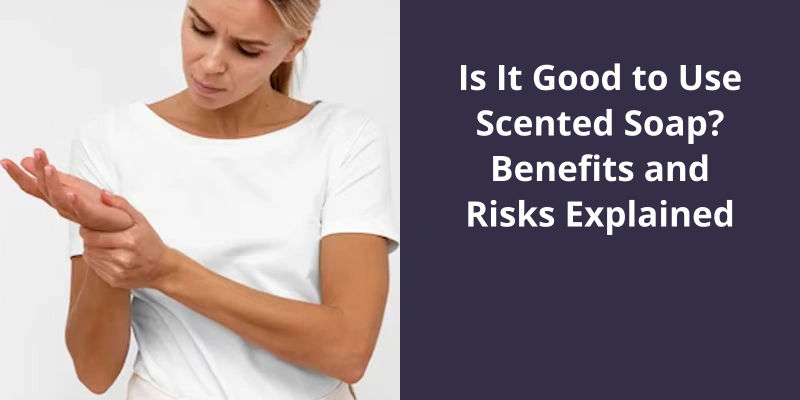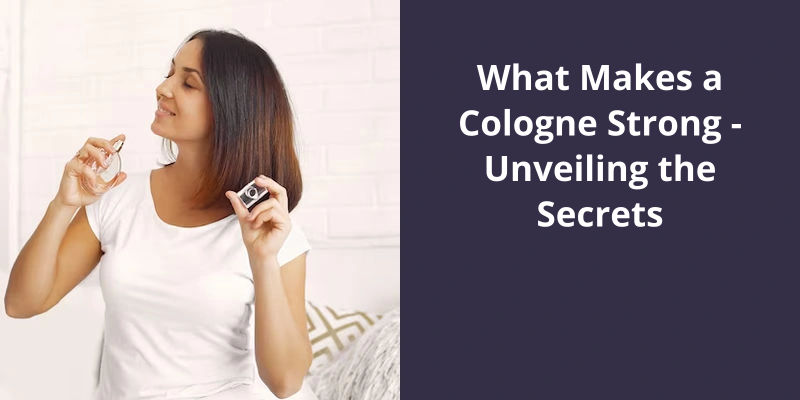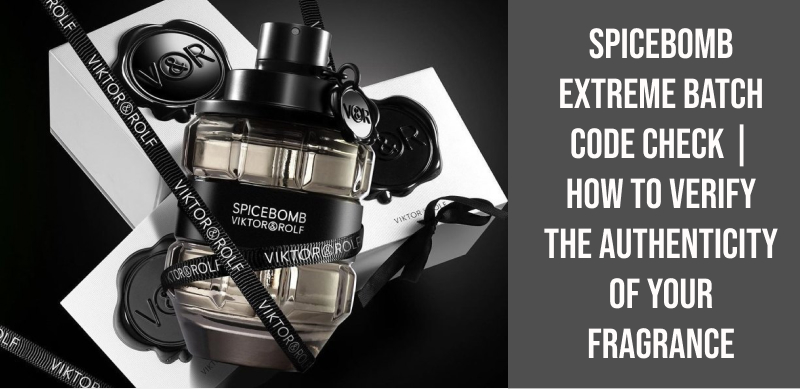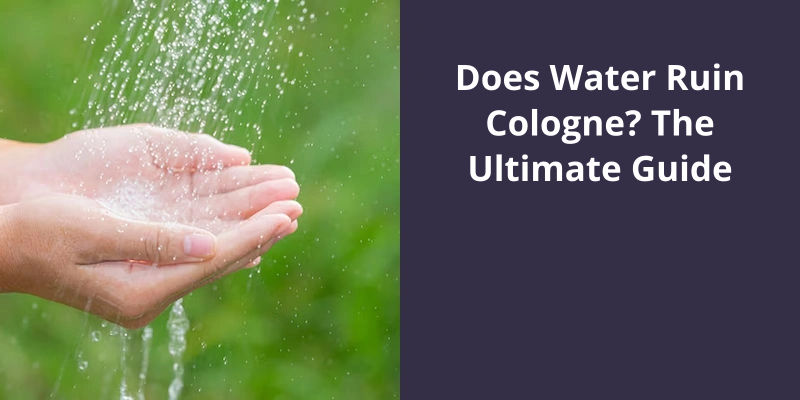Using scented soap can be both good and bad, depending on individual circumstances. The pleasant fragrances of scented soaps can offer a comforting and enjoyable bathing experience, enhancing mood and creating a sense of well-being. However, they may also pose potential risks for people with sensitive skin or certain allergies. Some scented soaps contain chemicals and artificial fragrances that can cause skin irritations, allergic reactions, or dryness. It is always recommended to test the product on a small skin area at first or choose soaps with natural fragrances from organic ingredients to minimize potential risks.

Why Is Unscented Soap Better?
In addition to being gentler on the skin, unscented soap also has benefits for the environment. Many scented soaps contain synthetic fragrances that aren’t biodegradable and can contribute to water pollution. Unscented soaps are also often packaged in recyclable or biodegradable materials, reducing their impact on the environment.
Scented soaps are often designed for specific purposes, such as hand soap, body wash, or laundry detergent. Unscented soap, on the other hand, can be used for a variety of purposes without the risk of an overpowering scent that may clash with other products or linger on clothing.
Finally, unscented soap may be a safer choice for pets and children. Many scented soaps contain ingredients that can be toxic if ingested, and pets and young children are often attracted to the sweet or fruity scents.
The Science Behind How Soap Works to Clean the Skin.
Soap works by emulsifying dirt and oil, allowing it to be lifted off the skin and rinsed away with water. This is achieved through the interaction of the soap molecules with water and with the oils and dirt on the skin. The hydrophobic (water-repelling) end of the soap molecule attaches to the dirt and oil, while the hydrophilic (water-attracting) end attaches to the water molecules. This creates small droplets called micelles that trap the dirt and oil and allow them to be rinsed off.
Now, let’s take a closer look at how these substances can impact our skin and overall health. It’s important to understand the potential risks and benefits of using unscented soap, so we can make informed decisions when choosing personal care products.
Does Unscented Soap Have Chemicals?
Manufacturers of unscented soap and skincare products often use chemicals such as fragrance-free detergents, synthetic polymers, and preservatives to remove scents from their products. These chemicals work by neutralizing the odor-causing compounds that are found in many natural ingredients. In order to ensure that a product is truly unscented, it’s important to check the list of ingredients for any fragrances or essential oils. Even a product that claims to be fragrance-free may contain synthetic fragrances or other scent-masking agents.
Many people choose unscented products because they’re worried about the potential health risks associated with synthetic fragrances. Fragrances can contain a host of chemicals, including phthalates, which have been linked to hormonal disruptions and reproductive problems. In addition, many people may be sensitive to or allergic to certain fragrances, causing skin irritation, headaches, or other unwanted side effects.
Therefore, it’s important to do your research and choose products based on their individual ingredients, rather than their marketing claims.
If you’re looking for truly natural and chemical-free skin care products, you may want to consider making your own soap, or purchasing handmade soap from a trusted artisan. These products are often made from all-natural ingredients such as oils, butters, and essential oils, and are free from synthetic fragrances, detergents, and preservatives. Many people find that natural soap is gentler on their skin, and can provide a range of benefits such as improved hydration, reduced redness and inflammation, and increased elasticity.
If you’re concerned about the potential health risks associated with synthetic fragrances, it may be worth exploring natural and handmade soap options, or making your own soap at home. Ultimately, the best choice for your skin will depend on your individual needs and preferences, so be sure to do your research and experiment with different products until you find what works best for you.
Now that we know about the origins of one particular unscented bar soap brand, let’s dive into the benefits of choosing unscented soap for your skin.
Is Unscented Soap Good for Your Skin?
Unscented soap has been used for many years to address the skin care needs of people with sensitive skin. In fact, it’s one of the oldest forms of cleansing products and was among the first to be developed by human beings. This is where bar soap Palmolive came in – a simple, natural solution that was gentle on the skin.
Firstly, it’s great for eliminating body odor without adding any artificial fragrances. It also contains natural oils that moisturize and nourish the skin, leaving it feeling soft and smooth after use. Additionally, it can be used on both the face and body, making it an essential product for anyone with sensitive skin.
Not only is it easy to find, but it’s also affordable and effective. Your skin will thank you!
How to Choose the Best Unscented Soap for Your Skin Type
When looking for unscented soap, it’s important to consider your skin type. Those with dry skin may benefit from a soap with added moisturizers like shea butter or glycerin. Those with oily or acne-prone skin may benefit from a soap with ingredients like tea tree oil or salicylic acid. It’s best to avoid harsh chemicals and look for natural, gentle ingredients like aloe vera or chamomile. Test a small amount on your skin before fully committing to a new unscented soap.
Source: Unscented Bar Soap Everything You Need to Know
It’s important to understand that the vaginal area requires special care and attention, and using products that disrupt the natural balance can have negative consequences. But what exactly can happen if you use scented soap down there, and why is it such a bad idea? Let’s explore.
Why Can’t You Use Scented Soap Down There?
This can lead to infections such as bacterial vaginosis, yeast infections, and UTIs, which can be uncomfortable, painful and require medical treatment. It’s important to remember that the vagina is self-cleaning and doesn’t require harsh chemicals or fragrances to maintain it’s cleanliness.
Furthermore, many scented products contain chemicals that can cause skin irritation and allergic reactions. This can be particularly concerning for people with sensitive skin or underlying skin conditions. The genital area is also more sensitive than other parts of the body, making it more susceptible to irritation and discomfort.
Using scented soap down there can also mask odors that may indicate a health issue. Discharge and odor are normal parts of the vaginal ecosystem, but changes in discharge or odor can indicate an infection or other health concern. Masking these symptoms with fragrances can delay diagnosis and treatment, leading to more serious health problems down the line.
Overall, it’s best to use gentle, fragrance-free soaps or simply water to clean the genital area. This will help maintain the natural PH balance and keep the area healthy and comfortable. If you’re experiencing unusual symptoms or discomfort, it’s important to seek medical advice to address the underlying cause. Avoiding scented products down there’s a simple but important step in maintaining your reproductive health.
Conclusion
It’s always a good idea to opt for unscented soap or natural alternatives to protect our overall health and well-being.





